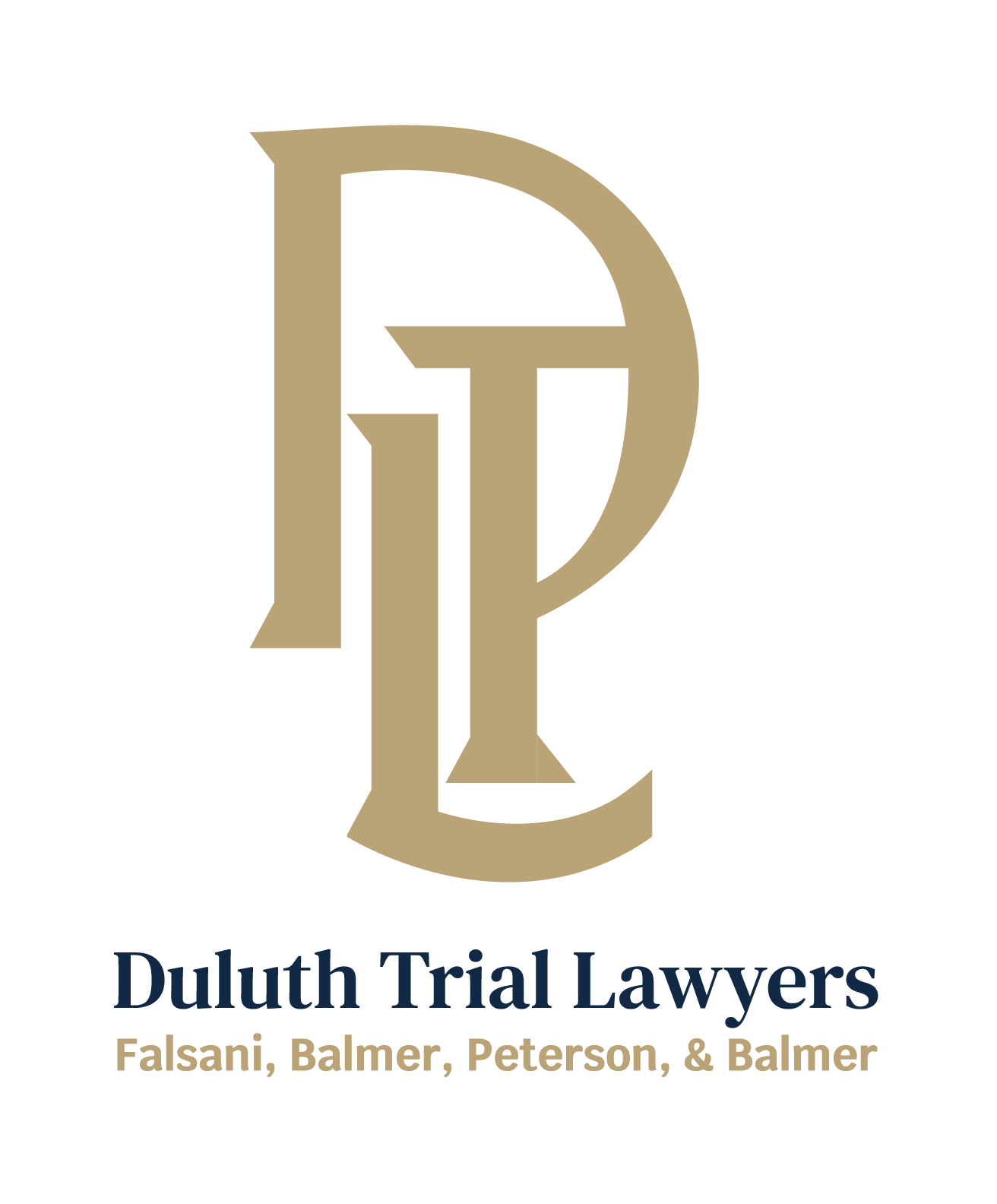Exposure to dangerous noise levels in the workplace may cause hearing loss for workers in Minnesota and elsewhere. Due to the tools they use on the job, the environments they work in, or a combination of these and other factors, people in a range of industries may be exposed to potentially damaging noise levels at work.
According to the Centers for Disease Control and Prevention, occupational hearing loss may occur as a result of exposure to hazardous noise levels. At levels of 85 decibels or higher, noise caused by tools, equipment, crowds or music, or other factors in the workplace may cause damage to the ear that may result in hearing loss. Each year, approximately 22 million people are exposed to dangerous noise levels in the workplace, and occupational exposure causes about 24% of all hearing loss experienced by workers in the U.S.
According to the U.S. National Library of Medicine, occupational hearing loss is generally characterized by a partial or complete loss of hearing in one or both of a worker’s ears. In some cases, workers who suffer this type of work-related injury may also experience tinnitus.
In many cases, occupational hearing loss is permanent. Therefore, treatment of this condition is largely focused on preventing further hearing loss from occurring and helping workers develop coping skills. Since continued exposure to hazardous noise levels may cause their hearing loss to worsen, workers should who develop occupational hearing loss should take care to wear earplugs, earmuffs or other such ear protection when working. Techniques and devices such as lip reading, hearing aids and cochlear implants may help people better understand speech and communicate.

